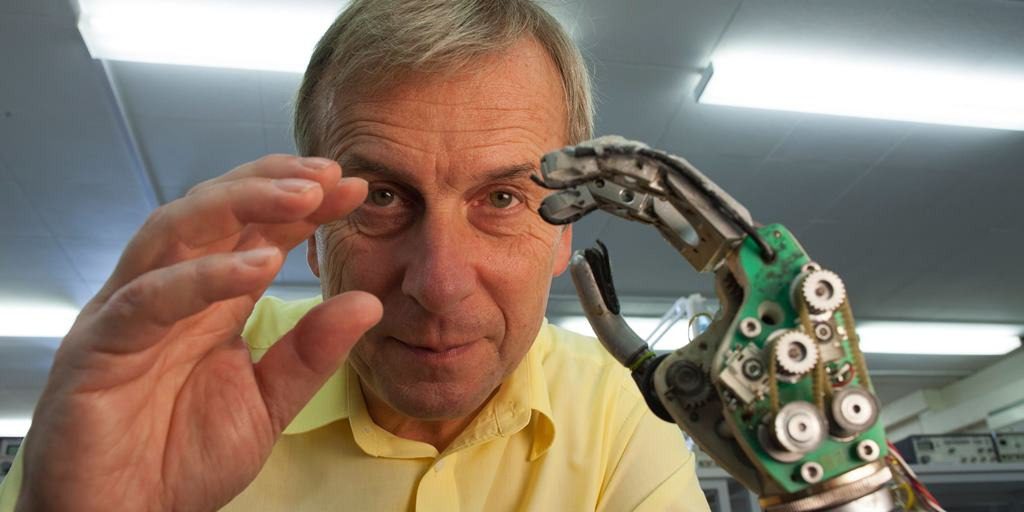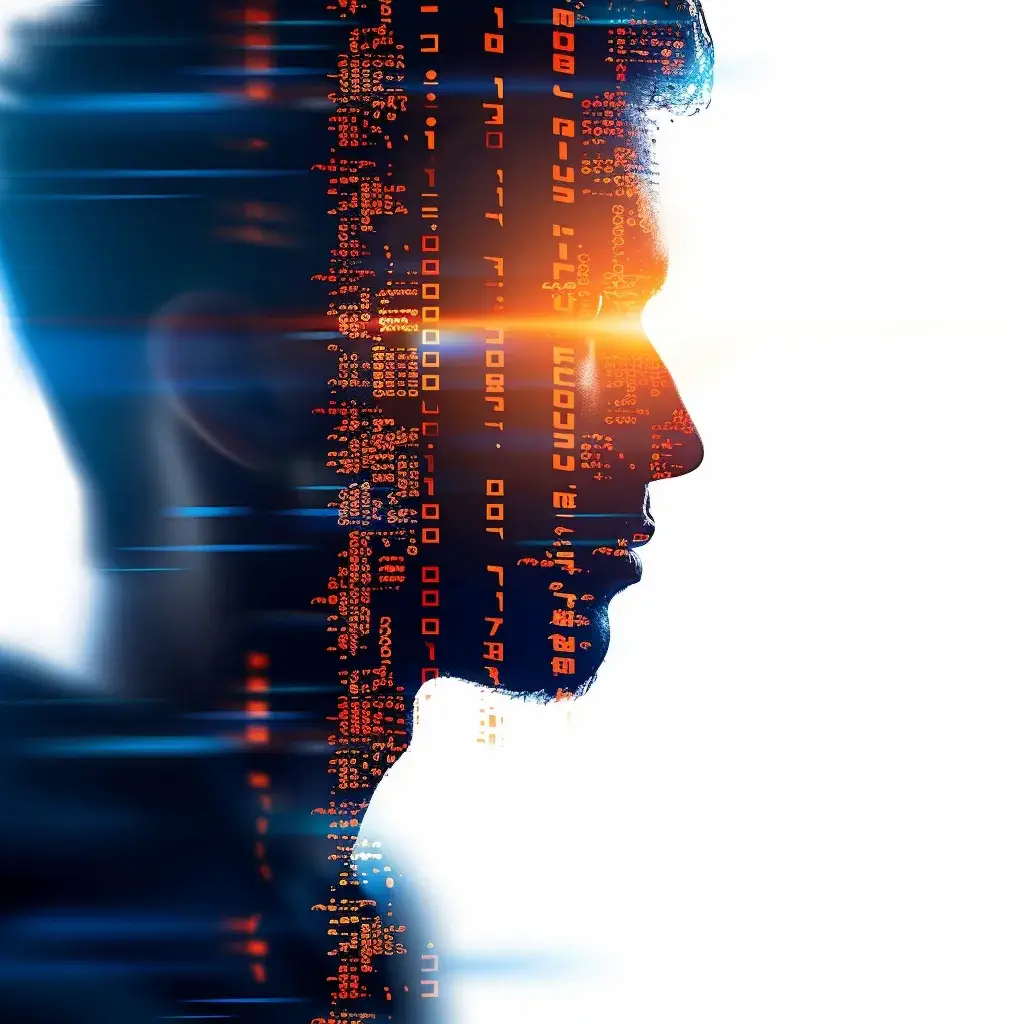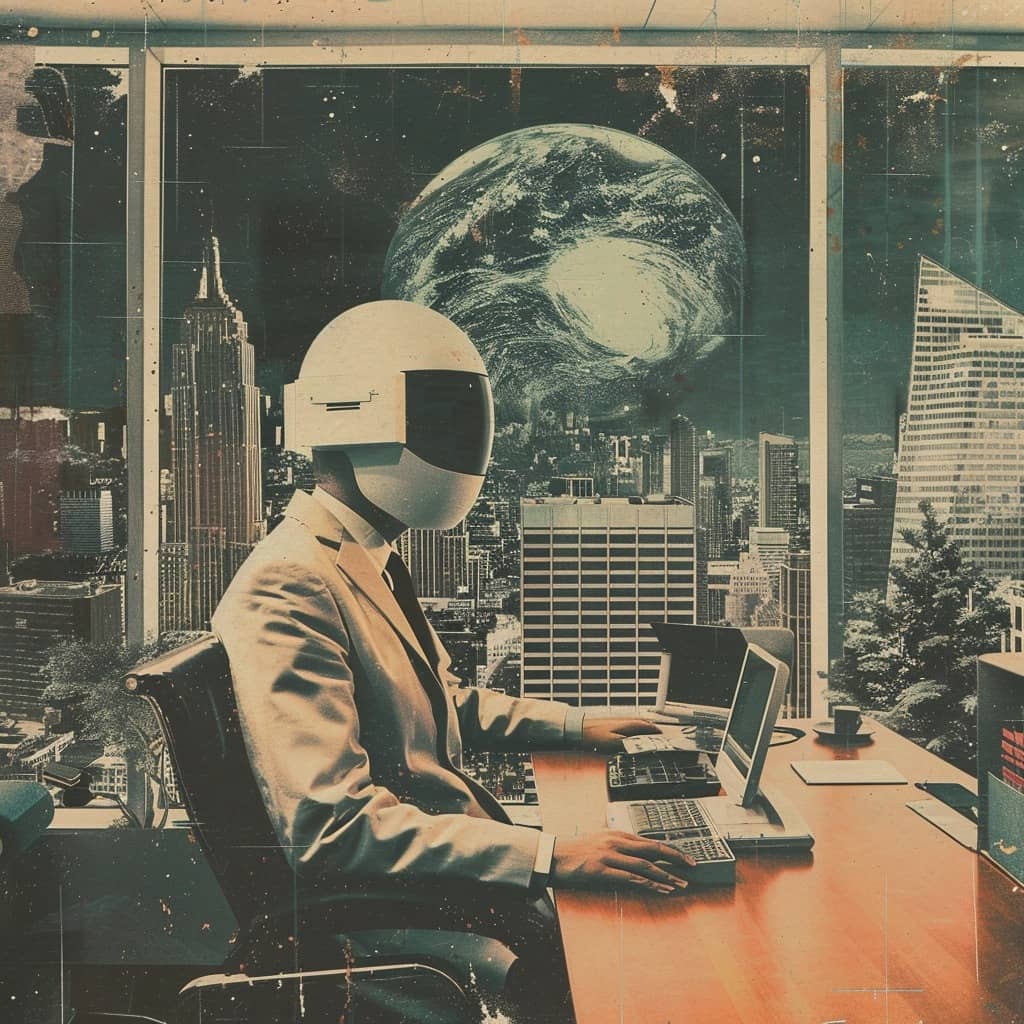The future is knocking on doors, and it has the shape of a microchip under the skin. Or a magnet implanted in your finger. Or again, of a brain connected directly to a computer. They are the technologies of posthumanism, which promise to enhance human capabilities beyond biological limits. And according to many, they are destined to revolutionize the world of work too. But while some dream of a super-efficient posthuman employee, others fear a dystopia in which workers will be forced to transform into cyborgs to avoid losing their jobs. Are we on the brink of a new era, or are we just opening Pandora's box? As always the future will be somewhere between the two extremes. Let's see'.

Posthuman: a definition
Posthumanism is a current of thought that sees in biotechnology and information technology the possibility of transforming the human being into a human-non-human hybrid, overcoming the physical and mental limits of man. Its reference text is “The Posthuman Manifesto” di Robert Pepperell.
Microchips under the skin: the key to the future?
Everything has begun in 1998, when kevin warwick, a robotics researcher and posthumanism enthusiast, had the first radio frequency identification (RFID) device implanted under his skin. The device, a collection of microchips and an antenna that powers the device and emits signals, allowed him to control lights and open doors. Since then, microchips under the skin have been used to grant access to nightclub patrons (or, for example, for security purposes by the Mexican government).

Warwick imagines a “posthuman future” in which people could use chips as keys, credit cards or passports. And while he doesn't specifically address the issue of microchips in the workplace, he notes that people don't want to feel forced to adopt this type of technology. He suggests that people might accept it voluntarily only if it seems like a convenience.
As an advertiser I say: sure, it's obvious. You show it as a convenience, and many people feel more comfortable using it. But convenience could sooner or later turn into a form of implicit or explicit obligation, especially in an increasingly competitive job market. A recent survey commissioned in the USA by CNN revealed that two thirds of workers they believe that by 2035 having implanted microchips will give an advantage in the job market. And 57% he said he was willing to have a chip implanted, as long as he felt safe. Among business leaders, only 31% said the same. However, I consider it a staggering share.
Magnets and connected brains: the advancing posthuman
Microchips, however, are just the beginning. Almost archeology of the future, so to speak. Warwick also examines technologies intended to extend human perception, such as magnets implanted under the skin to allow people to “hear” information collected by external sensors. And then there is the holy grail of posthumanism: the direct connection between brain and computer. Synchronous, Neuralink and many companies or laboratories they are working hard on it.
Warwick himself experimented with an array of microelectrodes attached to his brain, managing to receive information from ultrasonic sensors and control external objects using neural signals. For example, while in England, he was able to control a robotic hand in New York and receive feedback from robotic fingers sent as neural stimulation.
Le current technologies they can do something similar, but transmitting more data and using increasingly less invasive hardware. Both Warwick and Musk envision a vast transformation of human capabilities through seamless connections between high-performance computers and human brains.

Strengthen yourself to work, I repeat the question: choice or obligation?
While these science fiction scenarios show more and more glimpses of reality, all the relevant questions emerge, some of them disturbing. How much will employers be able to ask employees to transform themselves for their work? Will it be a choice or will it become a de facto obligation to remain competitive?
The issue is inevitably linked to power relations. If workers feel they have no choice, the adoption of posthuman technologies could become a form of coercion, a market-imposed “biological arms race.”
On the other hand, there are those who see in this posthuman leap forward an opportunity for emancipation, a way to overcome the limits of the body and mind and reach new goals. But at what price? And who will decide what the limit must not be exceeded?
Humanity at a crossroads
In a sense, posthumans are already among us. Every time we use a smartphone or search for something on Google, we are actually enhancing our cognitive abilities through technology. Microchips and connected brains would be just the logical evolution of this process. This, obviously, observing only the rational aspect of the question, the "technical" one. In reality the issue is more complex. There is a fundamental difference between using an external tool and irreversibly changing your body. Someone will tell me that there are already socially accepted irreversible changes, for example in cosmetic surgery, or in the field of transplants. I bring my doubt: because in this case, the modification makes a difference that touches our very essence as human beings.
We are at a crossroads. On the one hand, the temptation to embrace a 360° transformation, becoming something superhuman. On the other, the risk of losing what makes us unique and special today, sacrificing our humanity (perhaps on the altar of efficiency and competitiveness). Really, in this case, one way to coexist with machines would be to challenge them on their own terrain, becoming machines ourselves?
There are no easy answers. However, I have one certainty: the future of work and of humanity itself will be decided based on how we face this challenge. We can choose to ride the wave of change with awareness and wisdom, placing ethics and human (and posthuman) well-being at the center of progress. Or we can let ourselves be overwhelmed, and wake up one day in a world where being human... simply isn't enough anymore.
The posthuman is at the window, he has not yet arrived to knock on the door: it is up to us to decide whether to welcome him, and whether as a guest or as an invader. The choice we make could change the face of work and society forever. I would like everyone to feel the need to address the issue, because (this yes) is already under our skin.


